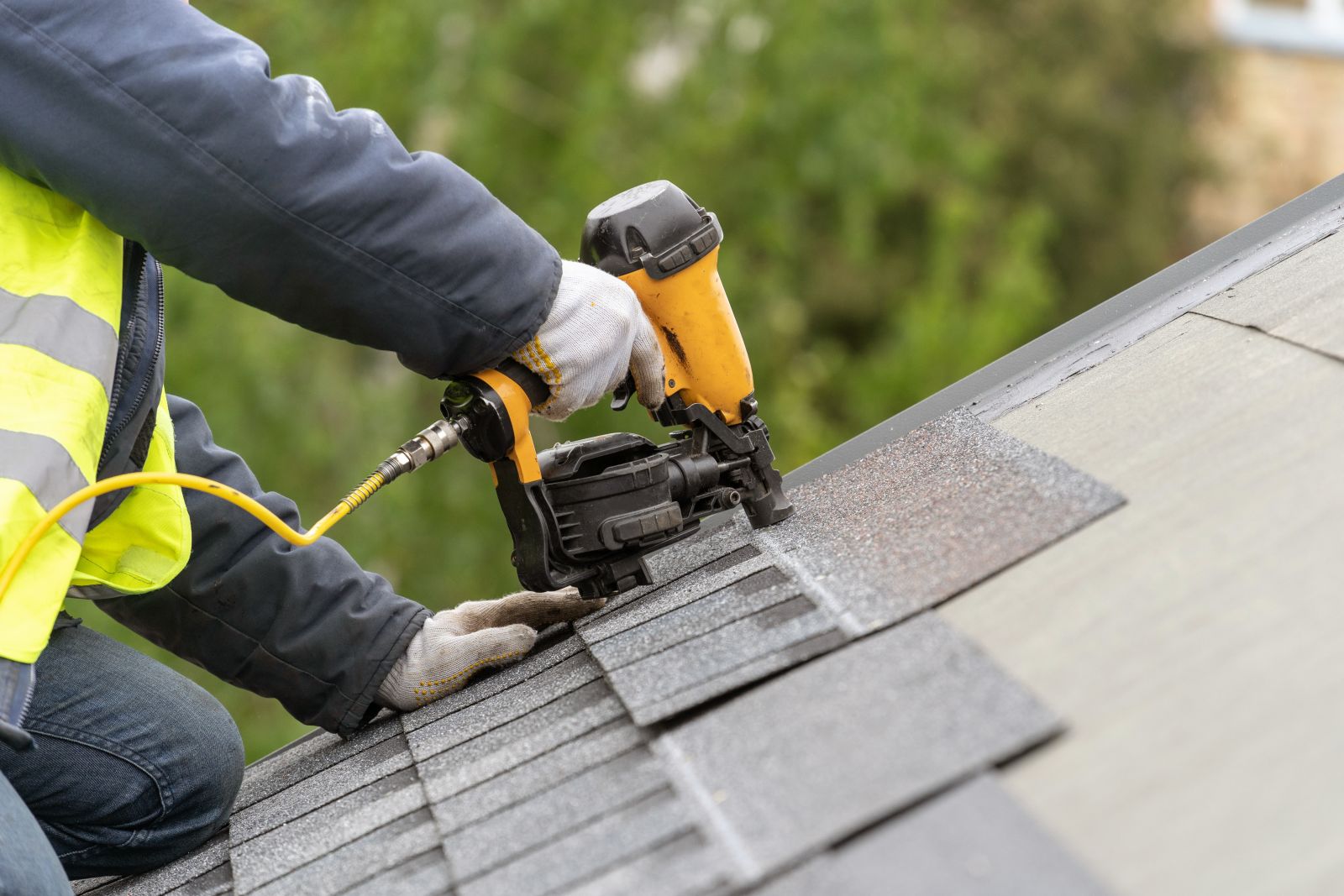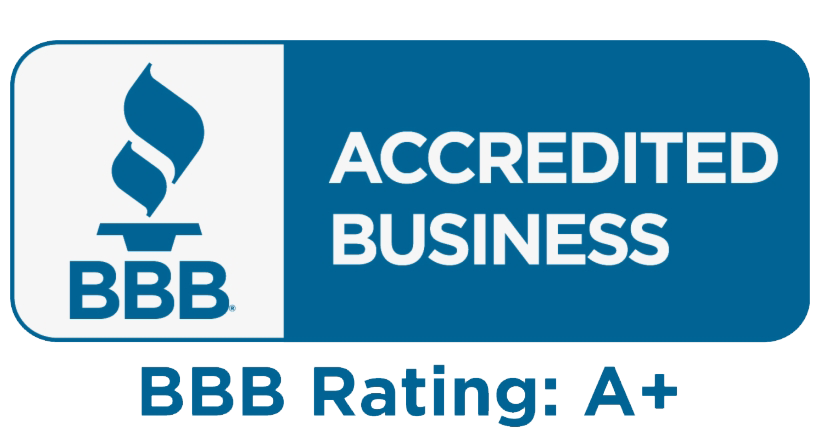Blog

How Much Does a New Roof Cost
One of the most significant investments you’ll make in maintaining your home is replacing your roof. Whether your current roof has reached the end of its lifespan or you've noticed leaks and damage, you're probably asking, “How much does a new roof cost?” This is a common question for homeowners, and the answer can vary widely depending on several factors.
In this blog, we’ll break down the cost of a new roof, what influences these prices, and how to make the best decision for your home and budget. Whether you're getting ready for a roof installation or simply planning for the future, understanding the cost drivers will help you feel more confident when discussing options with contractors.
Factors that Influence the Cost of a New Roof
The cost of a new roof isn’t one-size-fits-all. Several variables can affect the total price, from the type of materials you choose to the size of your home. Here are the most significant factors to consider:
1. Roof Size (Square Footage)
The size of your roof is one of the biggest determinants of cost. Roofers typically charge by the "square," which equals 100 square feet. The larger your roof, the more materials and labor are required, thus driving up the price.
Example: A 2,000-square-foot home may have a roof size of about 2,200 to 2,500 square feet, depending on the pitch and overhang. The number of squares will determine how much material and labor are needed.
2. Type of Roofing Material
The type of material you choose for your roof plays a significant role in determining cost. Here are some common roofing materials and their general price ranges per square:
- Asphalt shingles: $100 - $400 per square. This is the most affordable and common option in residential homes.
- Metal roofing: $300 - $1,000 per square. Metal roofs are durable and energy-efficient but come at a higher cost.
- Slate: $800 - $1,800 per square. Slate roofs are beautiful and long-lasting, but they are heavy and require specialized installation.
- Tile: $600 - $1,500 per square. Tile roofs are popular in warmer climates, providing excellent durability and heat resistance.
Expert Insight: According to John Williams, a certified roofing contractor, "While asphalt shingles are the most common choice due to affordability, many homeowners are leaning toward metal roofing for its longevity and energy-saving potential."
3. Roof Pitch and Complexity
The slope (or pitch) of your roof affects both the cost of materials and the labor required to install them. Steeper roofs require more safety measures and careful installation, which can drive up the price.
Additionally, roofs with complex designs—such as dormers, valleys, and skylights—can increase labor time and material waste, further increasing costs.
4. Tear-Off vs. Overlay
When getting a new roof, you’ll have two main options: tearing off the existing roof or installing a new layer (overlay) on top of the old one. A complete tear-off, where the old roof is removed, tends to be more expensive due to the additional labor and disposal costs.
- Tear-off: $1,500 - $3,000 for labor and disposal alone, depending on the size of the roof and the number of layers to be removed.
- Overlay: $1,000 - $2,000 less than a tear-off, but it may not be advisable if the old roof has underlying issues like rot or water damage.
Pro Tip: While an overlay might seem like a budget-friendly option, it’s usually better to opt for a full tear-off to avoid issues down the line. Overlays can trap moisture and accelerate the deterioration of your roof.
Average Cost of a New Roof
Now that we’ve discussed the factors influencing the cost, let’s break down some general price ranges based on roof size and materials. Please note that these figures represent averages and can vary by location, contractor, and specific project details.
1. Asphalt Shingle Roof Cost
Asphalt shingles are the most common roofing material due to their affordability and durability. They last 15-30 years and come in a wide variety of colors and styles.
- Average cost: $5,000 - $10,000 for a 2,000-square-foot home.
- Cost per square: $100 - $400.
For example, a standard asphalt roof on a 2,000-square-foot home could cost around $7,000.
2. Metal Roof Cost
Metal roofs are known for their longevity (up to 50 years or more) and their ability to reflect heat, making them a great energy-efficient option.
- Average cost: $10,000 - $20,000 for a 2,000-square-foot home.
- Cost per square: $300 - $1,000.
If you choose a standing seam metal roof, expect to pay toward the higher end of this range.
3. Slate Roof Cost
Slate is a premium roofing material that can last over 100 years if properly maintained. It’s also highly resistant to fire and extreme weather, making it a popular choice in certain climates.
- Average cost: $20,000 - $40,000 for a 2,000-square-foot home.
- Cost per square: $800 - $1,800.
Because of its weight, installing a slate roof may require additional structural support, which adds to the cost.
4. Tile Roof Cost
Tile roofs are often seen in warmer climates and have a lifespan of 50-100 years. They’re excellent at reflecting heat and provide a distinctive aesthetic to your home.
- Average cost: $15,000 - $30,000 for a 2,000-square-foot home.
- Cost per square: $600 - $1,500.
Additional Costs to Consider
Beyond the basic materials and labor, there are additional costs to consider when budgeting for a new roof. Here are a few common add-ons:
1. Roof Decking Replacement
If your roof has suffered from water damage or rot, the decking (the wood beneath your shingles) may need to be replaced. This can add several hundred to a few thousand dollars, depending on the extent of the damage.
2. Permits
Many municipalities require a permit for roof installations or replacements. The cost of a permit can range from $200 to $1,000, depending on local regulations.
3. Flashing and Ventilation
Updating or replacing flashing and ventilation systems is often necessary when installing a new roof. This can add another $500 to $1,500 to your total cost, but it’s essential for preventing leaks and promoting airflow.
4. Warranty and Extended Protection
Most roofing materials come with a warranty, but you may want to consider an extended warranty for labor and installation. These warranties can provide peace of mind but may come at an additional cost of $500 to $2,000.
Real-Life Example: The Cost of a New Roof for a Typical Homeowner
Jane, a homeowner in Texas, recently had her roof replaced. Her 2,200-square-foot home required a new asphalt shingle roof. After receiving several quotes from local contractors, she chose a contractor that charged $8,500 for the full roof replacement, including tear-off, new flashing, and a 10-year labor warranty.
She says, “I was overwhelmed by the costs at first, but understanding what went into the pricing helped me make the right decision. In the end, I feel confident about the investment and the longevity of my new roof.”
When to Call a Professional Roofing Contractor
Replacing a roof is a significant investment, and while it might be tempting to opt for the cheapest option, quality should never be compromised. Here are a few reasons why hiring a professional roof installation expert is essential:
1. Experience and Expertise
Roofing contractors bring years of experience to the table, ensuring that your roof is installed correctly and safely. A poorly installed roof can lead to leaks, energy inefficiency, and future costly repairs.
2. Access to High-Quality Materials
Professional roofers have access to high-quality materials that may not be available to the average homeowner. These materials often come with manufacturer warranties that protect your investment.
3. Safety
Roof work can be dangerous, especially on steep or complex roofs. Professional contractors have the proper safety equipment and training to complete the job without risking injury.
Conclusion: The Value of a New Roof
A new roof isn’t just an expense; it’s an investment in your home’s future. By choosing the right materials, ensuring proper installation, and maintaining your roof over time, you can protect your home from the elements, increase its value, and improve its energy efficiency.
While the cost of a new roof can vary, understanding the factors that influence pricing can help you budget accordingly. Whether you choose asphalt shingles, metal, slate, or tile, knowing your options and working with a reputable contractor will ensure your roof serves your home for decades to come.
If you're ready to take the next step in your roof installation journey, contact a local roofing expert for an estimate and start the process of protecting your home with a durable, high-quality roof.








